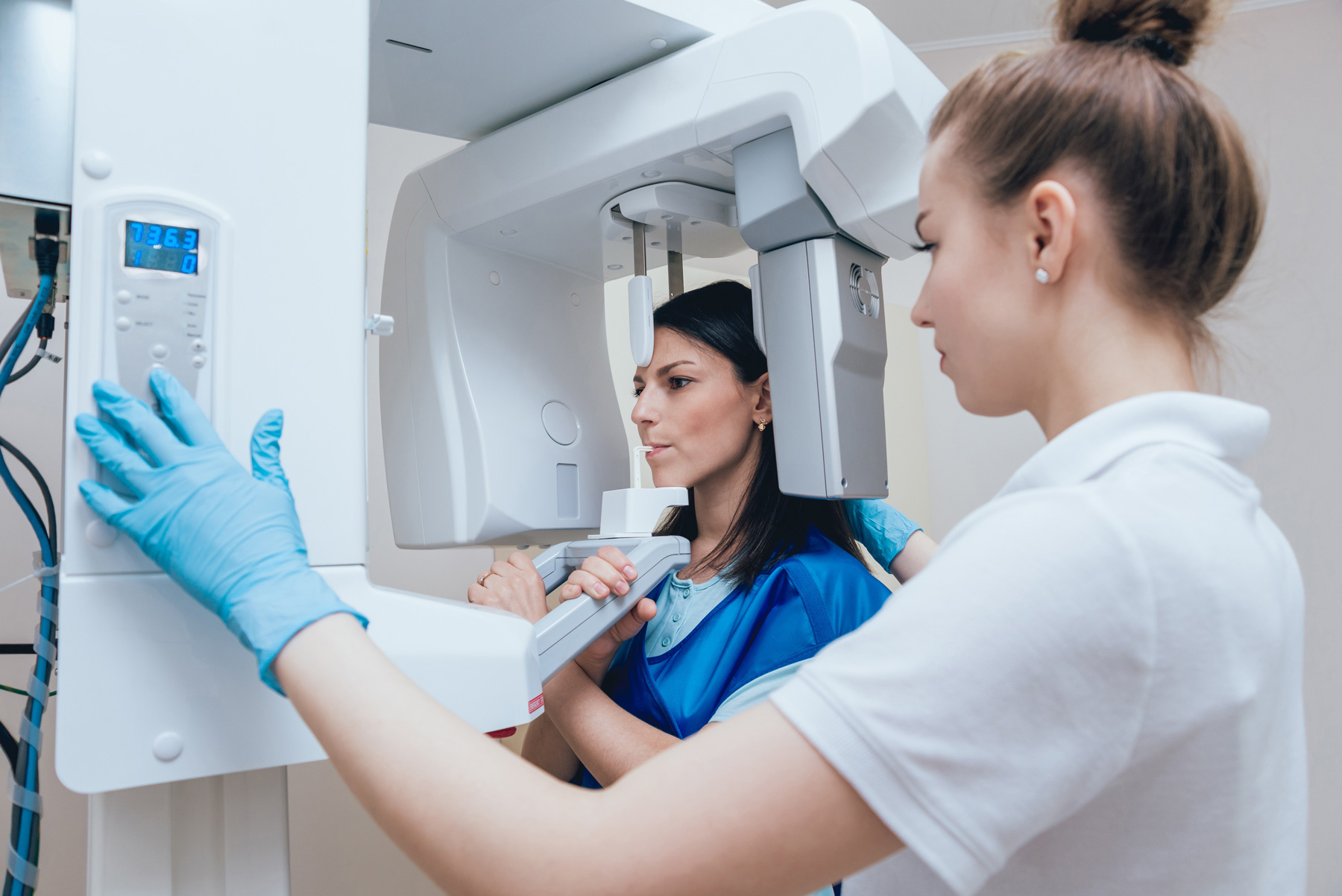
The Rise of Smart Hospitals
Imagine walking into a hospital where the walls and devices seem to think, act, and respond like a well-coordinated team of doctors and nurses. This is not science fiction; it’s the era of smart hospitals. These cutting-edge medical facilities are redefining healthcare delivery by integrating advanced technologies like IoT, AI, robotics, and data analytics.
Smart hospitals use interconnected devices and systems to enhance patient care, streamline operations, and improve overall efficiency. From automated diagnostics to personalized treatments, these facilities leverage technology to optimize outcomes and reduce human error.
1) Internet of Medical Things (IoMT): Devices like smart beds, wearable monitors, and connected infusion pumps gather and transmit patient data in real-time. This allows healthcare providers to track vital signs and respond quickly to emergencies.
2) AI-Powered Diagnostics: AI algorithms analyze medical images and patient histories to assist doctors in diagnosing diseases like cancer or heart conditions with remarkable accuracy.
3) Robotic Assistants: Robots perform surgeries with precision, deliver medications, and assist in non-invasive treatments. Robotic process automation also speeds up administrative tasks like billing and patient registration.
4) Digital Twins: Some hospitals create digital twins of patients—virtual models that simulate their health conditions. This helps doctors test various treatments in a risk-free environment before applying them in real life.
5) Advanced Telemedicine: Patients can consult with specialists worldwide through virtual platforms, reducing the need for in-person visits and enabling access to healthcare in remote areas.
6) Data-Driven Decisions: Big data analytics predict patient needs, optimize staff allocation, and manage resources like beds and medical supplies effectively.
7) Enhanced Patient Experience: Smart apps and kiosks guide patients through hospital facilities, reducing wait times and ensuring seamless navigation.
1) Improved Patient Outcomes: Continuous monitoring and AI-assisted care lead to early detection and better management of diseases.
2) Cost Efficiency: Automated processes and predictive analytics reduce waste and operational costs.
3) Personalized Medicine: Tailored treatment plans improve recovery rates and patient satisfaction.

Privacy and Security: The vast amount of sensitive data collected requires robust cybersecurity measures.
High Costs: Building and maintaining a smart hospital demands significant investment.
Training Needs: Healthcare workers must adapt to new technologies, requiring comprehensive training programs.
1) Johns Hopkins Hospital (USA): Uses AI to manage operating room schedules and predict patient risks.
2) Karolinska University Hospital (Sweden): leverages digital solutions for patient management and care coordination.
3) Sheba Medical Center (Israel): A pioneer in telemedicine and robotic surgeries, recognized as one of the world’s smartest hospitals.
As technology advances, smart hospitals are expected to become more common, offering groundbreaking solutions like gene-editing therapies, nanotechnology treatments, and AI-driven mental health support. The integration of 5G networks will further enhance connectivity and data-sharing capabilities.
Smart hospitals represent a future where healthcare is faster, safer, and more patient-centric. While challenges remain, the benefits far outweigh the hurdles, making this a transformative shift in global healthcare.
Would you trust a smart hospital for your next medical procedure? The answer might shape how the healthcare industry evolves in the coming decades.


















